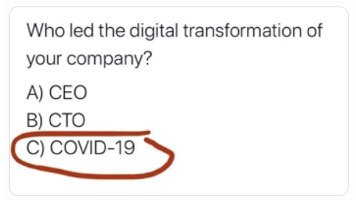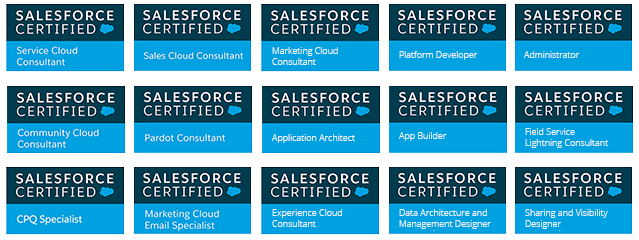Success with Service Cloud
Service Cloud is a valuable module for any organization that needs to deliver excellent service levels to a customer base where they want to sustain a long-running relationship. Customer Service teams use Service Cloud to access information – both general about your products or specifically about the customer’s purchased services – rapidly in order to answer their questions, troubleshoot their issues, and schedule follow-up investigations, service visits or repairs when necessary.
West Coast Consulting Group has assembled a list of the Top 10 items to consider when planning your Service Cloud deployment.
-
-
- Create a single point of contact. When going live, the level of activity and emotion tends to run high and things can be chaotic if there are too many points of contact. Having a designated single point of contact from the customer team minimizes noise and confusion and makes the cut-over go much more smoothly.
- Ensure Tier 1 Customer Support readiness. Tier 1 Customer Support, every company’s first point of contact with customers, needs to be well prepared for the new system and should enter all cases in parallel one week prior to go-live. Be prepared for Day 1 so that your customers don’t experience delays in service because your Tier 1 support team hasn’t been trained to property raise and manage tickets.
- Test Email-to-Case connectivity. Test and ensure that your support team’s email is set up as system admin and associate it with Email2Case processes to ensure cases are routed correctly and responses from the customer are routed back to the cases. In order to ensure that it works prior to go-live, make the switch a few hours ahead of time and test out this important functionality using communications to the real support email address from a simulated external customer’s email address.
- Enable all support users at least one week in advance. Ensure that all your support team’s users are fully operational within the Service Cloud environment at least one week prior to go-live and all access issues are addressed. Test login credentials, access levels, communications, escalation protocols, and don’t forget negative test cases to ensure they don’t have access to data, fields or tabs that they shouldn’t.
-








